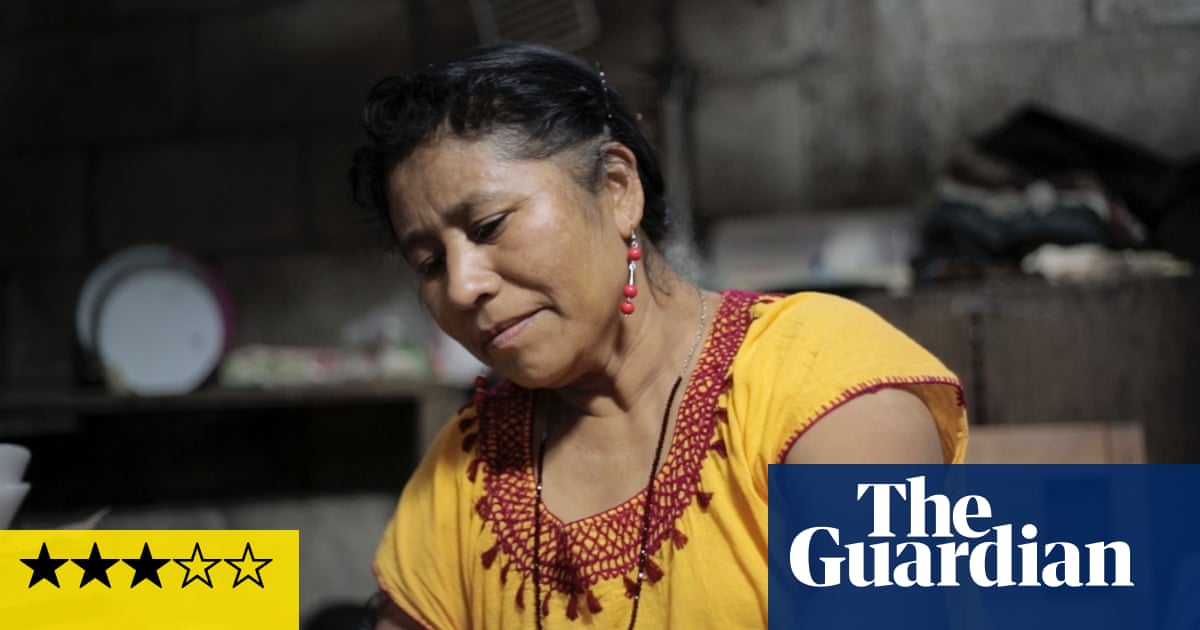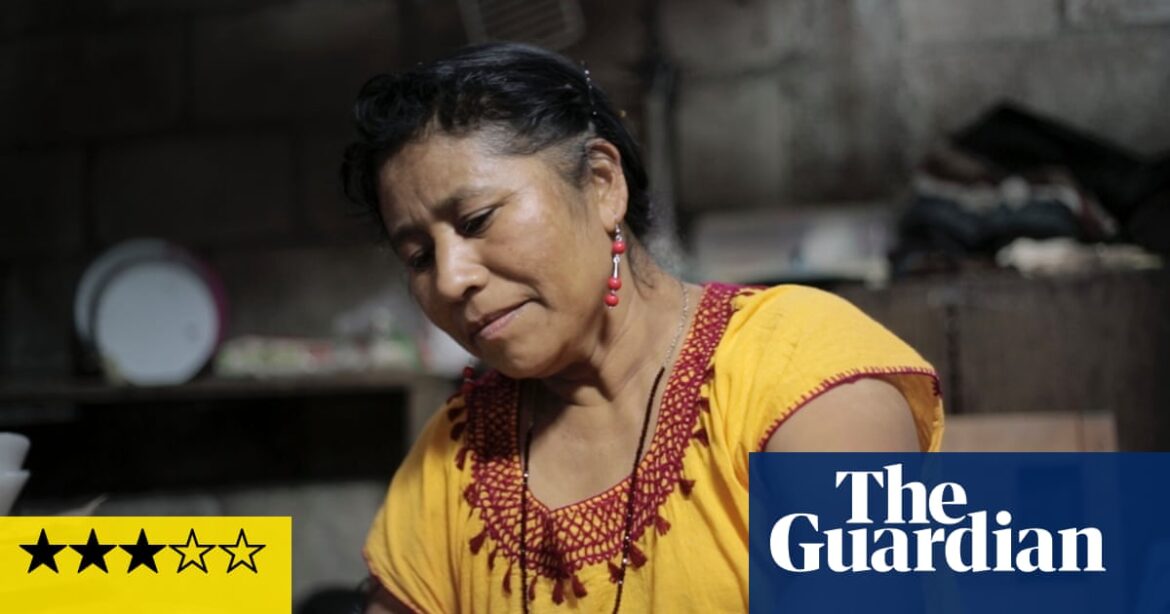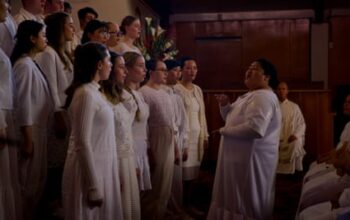
In a culture where discussion of family trauma and gender-based abuse are still considered taboo, Xun Sero’s frank, intimate documentary seeks to find a common ground in a community fractured by precariousness and violence. Staying close to the film-maker’s mother, Hilda, Sero’s camera not only observes exteriors but also looks inward; this is a film of dialogue and self-interrogation.
Growing up in the Indigenous Tzotzil community in Mexico, from the age of nine Hilda was already promised as a wife to an older man. Her one act of rebellion as a teenager resulted in the birth of Sero, a source of shame for mother and son. During his childhood, Sero’s resentment towards his absent father was often directed at his mother, resulting in bitter accusations. As difficult, previously unasked questions are exchanged, a feeling of emotional exorcism arises, as Sero wrestles with his complicity in a society ruled by machismo.
Hilda talks of her turbulent upbringing and the limited opportunities available to Tzotzil women, and the film pans to the streets of Mexico, where young women and mothers struggle to make ends meet by doing odd jobs. By mixing Hilda’s contemplations about her life with contemporary issues, Sero’s documentary powerfully demonstrates how, for the most vulnerable and marginalised, gender inequality is far from a thing of the past. At the same time, as the film follows Hilda from her daily rituals of housework to her job at a women’s health and equality service, the juxtaposition between stillness and movement, the domestic and the professional, suggests a sense of progress and even inner peace. Despite the continuing obstacles, the march of change is here to stay.
Source: theguardian.com



